Canada Increased Off-Campus Working Hours for Students
- Categories All Study in Abroad Blogs, Study in Canada, Study Overseas Updates
- Date May 31, 2024
Living in Canada is an expensive affair. The country lures international students year after year towards its quality education, high-end life and rising infrastructure, it is not a cheap place to live in. In effect, international students take up part-time jobs to maintain a side income that improves their living situations. The government couldn’t have lowered the cost of living while still maintaining, and in fact improving, the quality of life it provides to the students, it could help them earn some extra dollars. The new policy around working hours in Canada can significantly help them improve their financial conditions while studying in Canada.
In a recent press conference, Immigration, Refugees and Citizenship Canada (IRCC) announced the change in the off-campus working hours for international students in Canada. The policy is more of a reset than a change as it was COVID-19 that had inforced the reduction of working hours earlier. After the pandemic, the immigration authority has set it to 20 hours a week. But as the world has settled back in, students can now work for up to 20 hours a week off-campus during their course in Canada. IRCC aims to ensure the system’s integrity while protecting students from fraud and financial vulnerability.
From when is the policy effective?
The new policy will be set in motion from September 2024. After which, international students can work for up to 24 hours a week off-campus during their term. International students can work on relevant jobs while still maintaining their academic performance. The Canadian government research says that 8 in 10 international students currently work more than 20 hours per week. With the implementation of this new policy, they will also be able to work for more hours off-campus. On top of that, they will be able to attain better exposure and quality of work than earlier.
What does this mean for current students?
International students already enrolled on a study program in Canada will not be able to reap the benefits of this change. They can only work for 20 hours a week during their term. However, if they happen to change courses or universities, they will be required to attain a new visa. Similarly, after completing their course, they either need to reissue a new visa to start another course to upgrade to a work visa. Along the process, they can reevaluate their working hours as per the new policy.
Read more: LMIA – A Complete Guide for Employers and Workers
What does working off-campus mean?
International students enrolled on a Designation Learning Institute (DLI) in Canada can indulge in 2 types of part-time jobs – on-campus and off-campus. The university offers international students jobs on-campus to help enhance the skillset required for the future. International students can further enquire with the university if they have associates they work with. These also come in the category of on-campus jobs as it fruits from the relations of the university. On the other hand, there are a variety of off-campus options available too. Choosing the latter, students must read the paperwork carefully and understand the perks and benefits of the job. However, in either case, they need to obtain a social insurance number (SIN).
Read more: Choosing your Designated Learning Institute in Canada
How to obtain a social insurance number?
The Social Insurance Number is crucial for students wanting to work off-campus. Explicitly, students must consider it while obtaining their student programs. Their Canadian student visa must imply either of these two conditions for them to seek employment. First, the student can work 20 hours per week off campus during the terms or full-time during breaks while meeting the conditions of paragraph 186(v) of the Immigration and Refugee Protection Regulations. Second, the student can work on and off campus as per paragraph R186(f), (v) or (w). Further, if either of these conditions is not met or mentioned in the study permit, the student cannot work in Canada.
How many hours count as full-time work?
Students undertaking a full-time course in Canada can work for up to 24-30 hours a week. This includes the time they spend to earn wages, collect commissions or contribute to a job in any other way. Notably, a 24-hour job is considered as a part-time role. Whereas, a 30-hour job is full-time work. International students can only work for 30 hours on breaks and holidays apart from which it will be considered a violation of the study permit conditions. This may result in the dismissal of the permit. Regardless, such violations leave a permanent stain on the student’s immigration status.
Have a query? Connect with Studywise International for a FREE CONSULTATION today!
You may also like

Ireland Intake 2024-25: Universities & Preparation Timeline

TOEFL Scoring System and Validity


